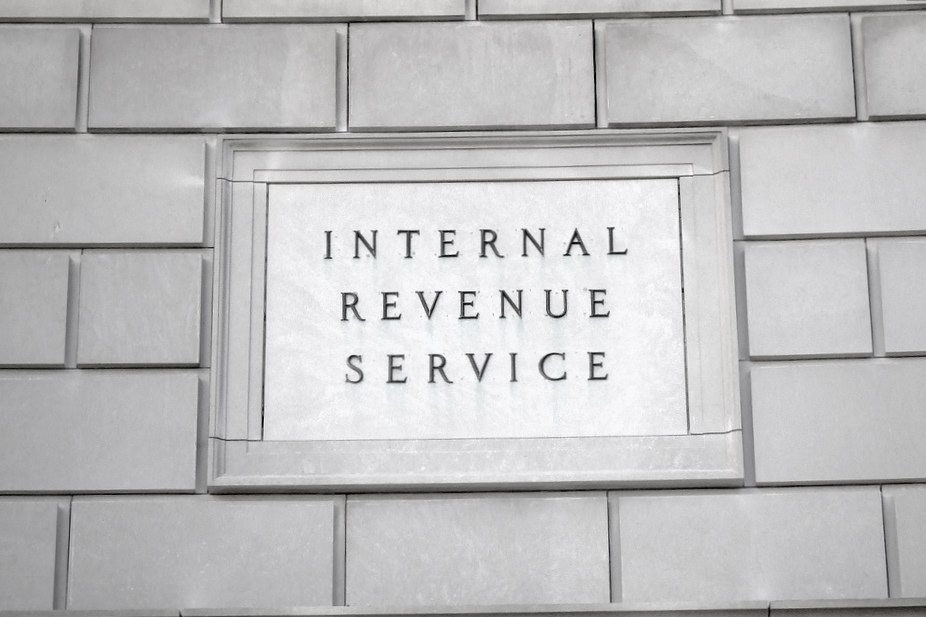It’s tax season, which means thousands of people will soon find out they’ve been a victim of tax identity theft, wherein a thief uses your Social Security number to file a return in order to steal your refund check. (For signs you’re a victim, check out our recent blog post.) It’s also the time of year IRS-related tax refund fraud ramps up (though you should know they take place year-round). In this blog post, I will discuss some of the IRS-related identity theft scams you need to be aware of so that you don’t fall victim.
“Taxpayers should be on the lookout for tax scams using the IRS name,” said IRS Commissioner John Koskinen in this IRS press release. “These schemes jump every year at tax time. Scams can be sophisticated and take many different forms. We urge people to protect themselves and use caution when viewing e-mails, receiving telephone calls or getting advice on tax issues.”
Phishing Phone Calls
If someone calls you over the phone to “verify” tax info, it’s almost assuredly a tax refund fraud scam. Never give out personal financial information to anyone claiming to be from the IRS over the phone. The IRS doesn’t just call you out of the blue, instead, they will send notices or bills if you owe any taxes. And the IRS certainly isn’t going to ask for payment using a gift card, prepaid debit card, money order or wire transfer. They won’t ask for a credit card number over the phone, either.
A few things to be aware of:
- The scammers might be able to recite the last four digits of your Social Security number.
- They might send a bogus email claiming to be from the IRS to back-up their assertion.
- Your caller ID might even say the call originated from somewhere official sounding. None of these things mean the call is legit. Unfortunately, thanks to the Equifax data breach and myriad others, most if not all of your personal information is likely available to purchase on the black market.
In fact, if you don’t initiate the phone call, don’t ever give out any personal information over the phone as it’s likely a phishing scam. For more about phishing scams, check out our blog post regarding common tactics and ways to stay safe.
Another common tax refund fraud related scam includes scammers calling and hounding students and parents to pay the “federal student tax,” which doesn’t exist.
Phishing Emails
Phishing scams are also getting more sophisticated, as reported in this CNBC story that discusses communications from people pretending to be tax preparers.
“Official-looking emails are designed to fool taxpayers into thinking they’re communicating with the IRS, tax preparers or tax software companies. Known as phishing, these emails and text messages are used by scammers to seek information that will help them file a false refund in your name,” according to the story.
You should forward any phishing emails you receive to phishing@irs.gov.
How common are these schemes and how often do people fall for them?
Fairly often, at least according to the stats recently released by the Treasury Inspector General for Tax Administration (TIGTA).
“Since the fall of 2013, TIGTA has been tracking and investigating this scam, in which criminals impersonate IRS employees in order to extort money from individual taxpayers. To date, more than 1.8 million people have reported to TIGTA that they have received an impersonation call. More than 9,600 victims have reported that they paid the criminal impersonators a total amount of more than $50 million,” according to the release.
Even if you follow our advice, tax identity theft can happen to you. What if it does, what would you do? There are a slew of time-consuming steps you must take if you’re a victim. If you’re a LibertyID member, a certified identity restoration specialist will mark each step off the list and restore your identity to pre-theft status, saving you hours of waiting on the phone for the IRS and the frustration of trying to wade through the detailed steps required to resolve tax identity theft. While becoming a LibertyID member won’t reduce your risk of becoming a tax identity theft victim — no identity theft program can do that — it will give you access to a certified trained identity restoration specialist who will fix the damage.
The bottom line is identity theft happens all the time, but what if it happens to you? Sign up for an annual LibertyID membership and you won’t have to worry about it. No matter what type of identity theft you’re facing, if you’re a LibertyID member and your identity is stolen, we will fix it. Get covered today.
Photo Credit: Internal Revenue Service, saturnism, Creative Commons Attribution-ShareAlike 2.0

